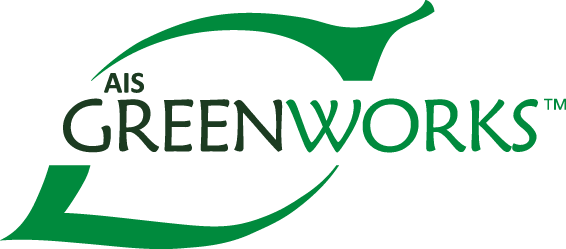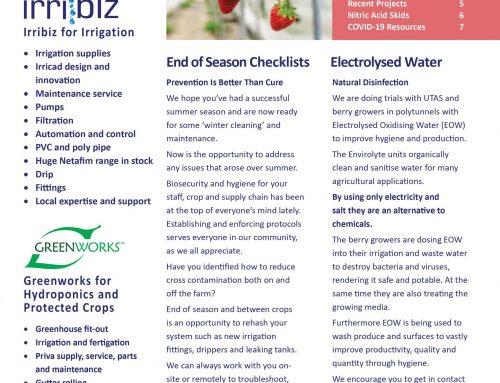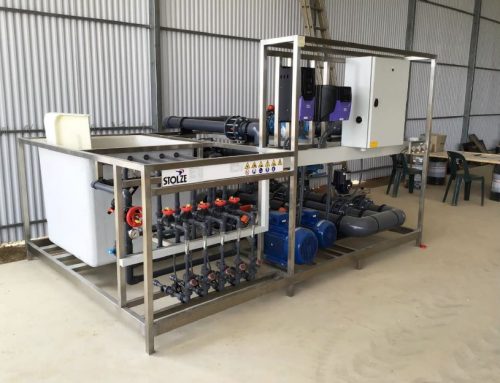
Case Study: The Advantages of Roller Hooks Compared to Metal Hooks
When the head cucumber grower at Mucci Farms, Guy Totaro, heard that we were offering roller hooks for cucumbers with 48 meters of twine, he immediately decided to conduct a comparison trial between our hooks and metal hooks.
At the time, Mucci had a 14-acre greenhouse, so Guy used roller hooks for half of it and metal hooks for the other half. The trial lasted roughly 6 months, and the results were clear: roller hooks were vastly superior.
The Many Advantages of Roller Hooks
During the trial, Guy and the growers at Mucci Farms saw several advantages of roller hooks compared to metal hooks.
Labour Savings — Time and Money
Guy reported a 50% reduction in the time it took to lower rows with roller hooks when compared to metal hooks. Metal hooks took between 30 and 40 minutes to lower 1 row, while roller hooks took between 15 and 30 minutes. This saved a significant amount of labor and cut labour costs in half.
Plant Health
Metal hooks must be lifted, unwound, moved, and placed back on the crop wire, causing more shaking and stress on the plants. With roller hooks, lowering is done by simply sliding the metal piece along the crop wire, creating less movement and less stress.
Easier Clean Up and Disinfecting
Roller hooks lower plants in such a way that they never touch the spool, so there is no direct contact and no risk of disinfection carryover. During cleanup, the twine is cut close to the spools, and the spools and metal pieces are disinfected while on the wire. Any exposed twine is disinfected.
Another benefit during spraying/disinfecting is that the water pressure can’t knock roller hooks off the wire since they are secured and locked on.
This is not the case with metal hooks, which can easily fall off the wire and get tangled during this procedure.
Long-Term Reduction of Hook/Spool Costs
In the case of Mucci, roller hooks were found to be a better long-term investment than metal hooks. In the first year, metal hooks cost $.40 per plant, while roller hooks cost $.50. In total, metal hooks cost $3000 less than roller hooks.
In the second year, however, this changed dramatically. Because roller hooks and spools can be sold separately, Mucci was able to buy only the spools, which resulted in a cost of $.34 per plant and $1800 in savings compared to metal hooks. Each spool lasted for 4 crops, or 2 years.
Conclusion and Takeaways
When we asked Guy to sum up the trial’s findings, he said,
“After one crop it was clear that roller hooks offered too many advantages to ignore.
We immediately switched all 14 acres to roller hooks and are now using them in 28 acres after our expansion.
We’ve been using them for 6 years straight.
We continue to see the same advantages repeat themselves year after year.
It really is a great product!“
Written by: Darryl Di Milo, Paskal Regional Sales Manager – North America
Published On: May 9th, 2021






